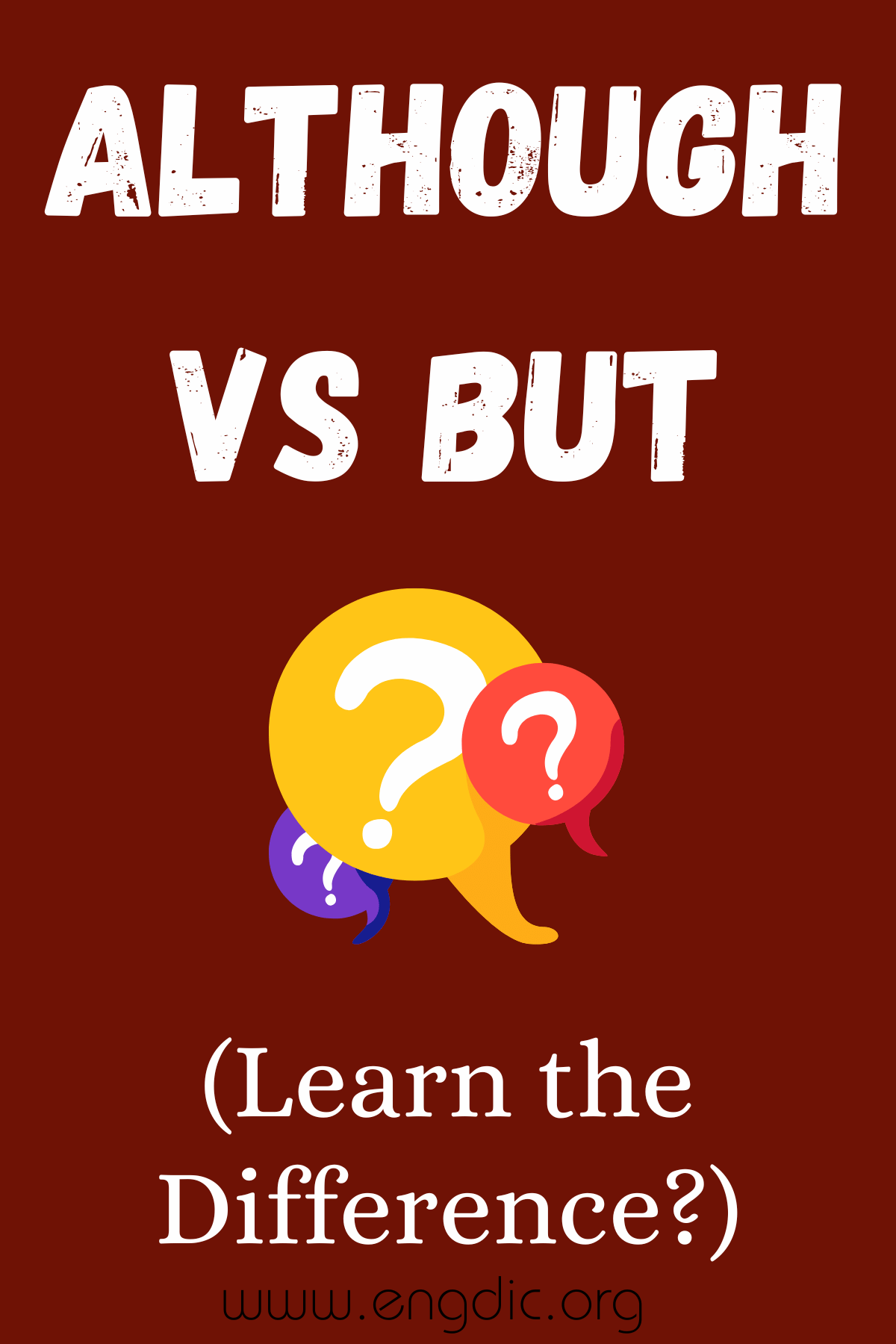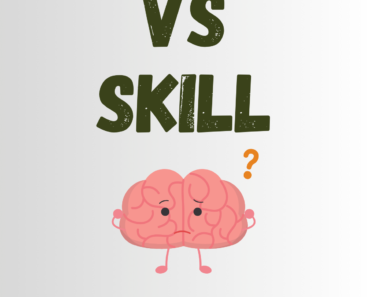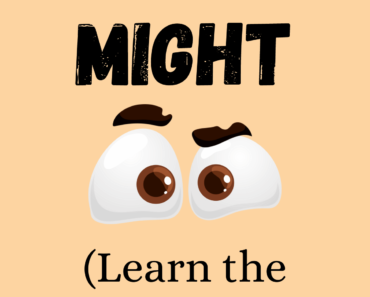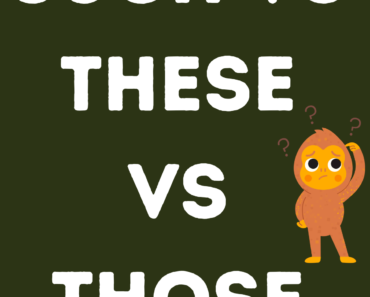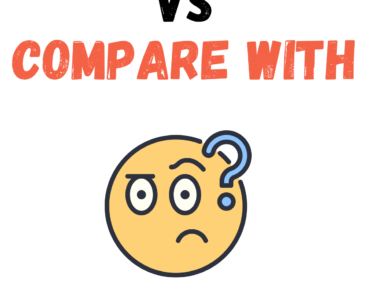“Although” and “But” are both used to introduce contrasting ideas, but they serve different grammatical roles in sentences.
“Although” is a conjunction that connects two clauses, typically used to introduce a dependent clause that presents a contrast or exception to the main clause.
For example, “Although it was raining, we went for a hike.” On the other hand, “But” is a coordinating conjunction used to connect two independent clauses or phrases within the same sentence, highlighting a direct opposition or alternative. For example, “It was raining, but we went for a hike.”
Although
Definition:
“Although” is a subordinating conjunction used to introduce a subordinate clause that contrasts with the idea in the main clause.
Usage and Examples:
- Contrast with expectation: “Although he had a fear of heights, he decided to go skydiving.” This usage shows an action or decision that contrasts with what one might expect given the situation.
- Highlighting surprising facts: “Although the task seemed simple, it took hours to complete.” Here, “although” introduces a fact that is surprising or contrary to what is anticipated.
But
Definition:
“But” is a coordinating conjunction used to introduce an idea that contrasts with or opposes the preceding clause.
Usage and Examples:
- Contradiction: “She is very friendly, but she can be quite stern when managing her team.” This shows a direct contradiction between two characteristics of a person.
- Unexpected outcome: “I wanted to leave early, but the meeting ran over.” In this instance, “but” connects two independent clauses where the second clause presents an unexpected or contrary outcome relative to the first.
